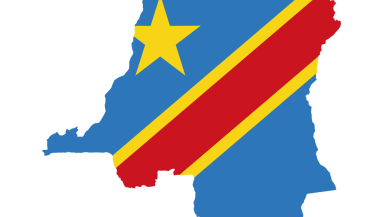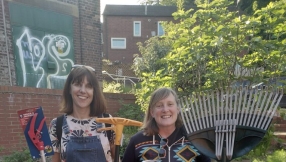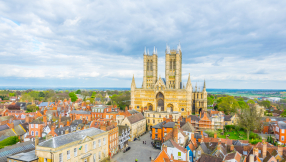
The Democratic Republic of the Congo (DRC) has signed a Declaration of Principles with the militia group M23.
It is hoped that a meeting between the two sides, which took place in Qatar, will lead to an eventual peace settlement.
M23 is allegedly backed by the Rwandan government, which the DRC claims is attempting to annex some of its resource-rich eastern territories. Rwanda in turn claims that the DRC is harbouring criminals involved in the 1994 Rwandan genocide.
Earlier this year M23 made significant gains against the DRC government, taking the city of Goma.
The search for peace in the DRC has been long and unsuccessful.
In April the DRC and M23 agreed to a ceasefire, again via Qatar, but it was never kept.
M23 is itself a group that formed following the failure of a 2009 peace deal between the DRC and M23’s effective predecessor, the National Congress for the Defence of the People (CNDP).
The latest deal includes a proposed prisoner exchange and a commitment to signing a final peace agreement by 18 August.
Mohammed bin Abdulaziz bin Saleh Al-Khulaifi, Qatar’s minister of state, has said that the deal involves M23 returning control of all territory to the government, however M23 leaders have reportedly suggested that they will either not do this, or will maintain a presence in currently held territory.
Even if a lasting peace between the government and M23 does indeed materialise, the DRC still has a long way to go before it can look forward to a peaceful and prosperous future.
Should M23 agree to effectively disband it could create a power vacuum in areas it currently controls, allowing other militant groups to move in.
It is believed that there are as many as 120 different armed militias in the country, including a branch of Islamic State known as the Allied Democratic Forces (ADF). Conflict experts have said that the DRC's focus on the threat posed by M23 has allowed other groups, like ADF, to act with greater impunity.
In February ADF beheaded at least 70 Christians in a Protestant church in Kasanga.













